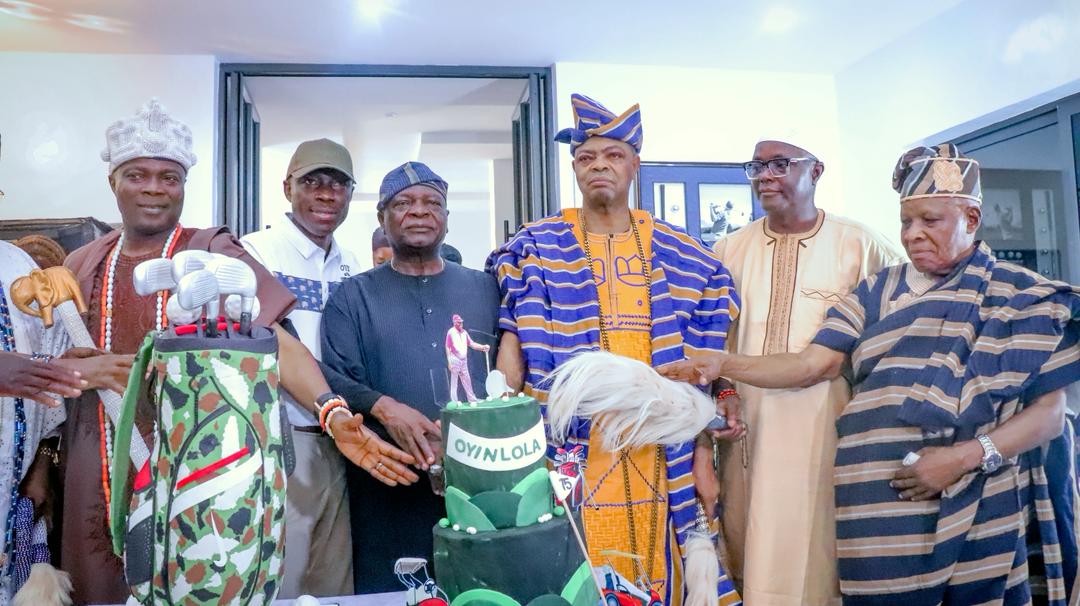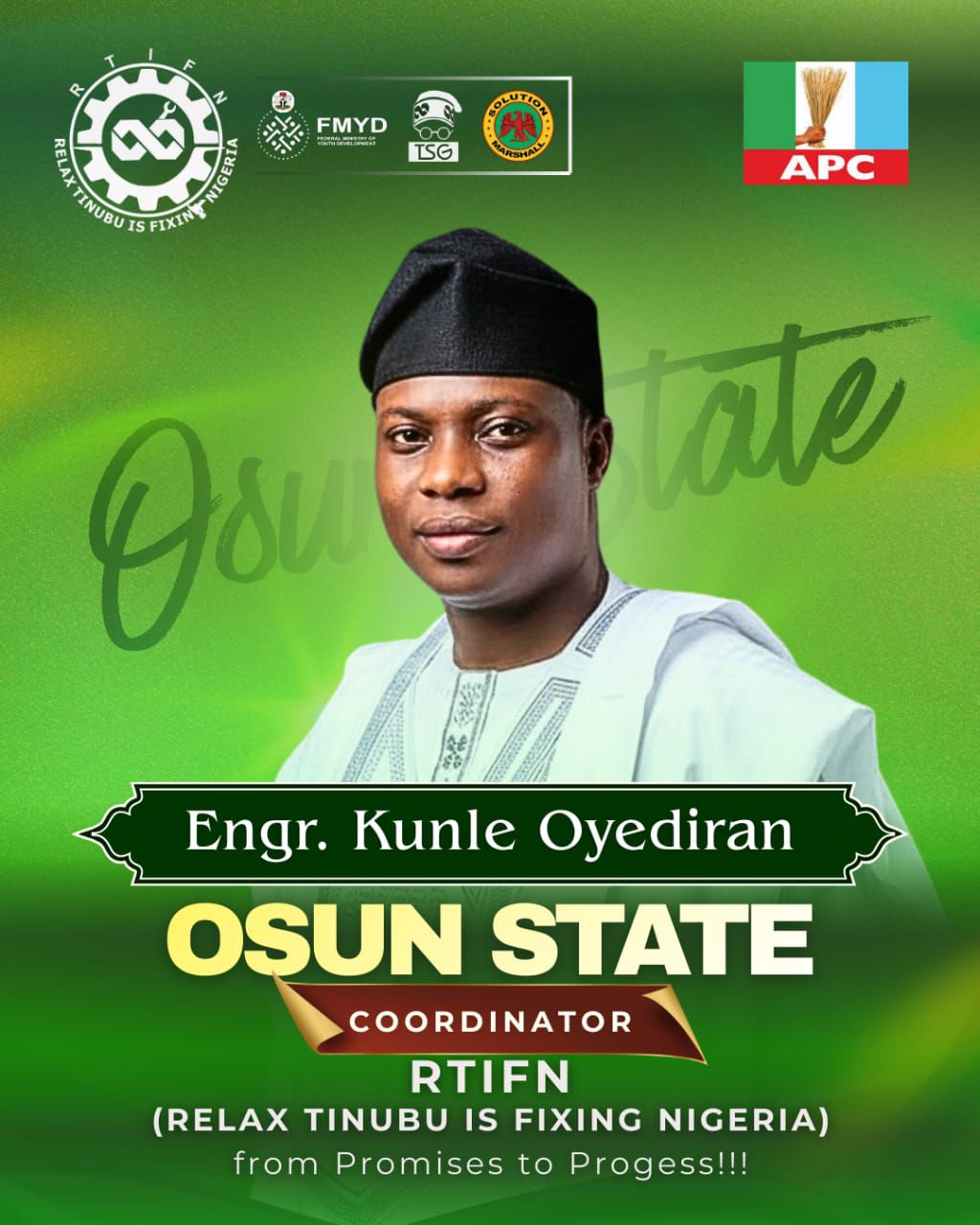As the years go by, generations change and words keep getting archaic while new ones emerge.
Sometimes the new ones are a fusion of already existing words and borrowed words from other languages, other times they are slangs adopted and officially made formal other times it is a “conversion” of an already existing word to give it new meanings.
It could also be a “compounding” or “derivation” of different existing words and giving it a new meaning. This has ensured the consistent evolution of languages.
This time, the Oxford English Dictionary, the principal historical dictionary of the English Language, published by Oxford University Press has released the list of new typical Nigerian English words that have now been accepted and introduced into the dictionary.
Below is a full list and their given meanings. You may be shocked to discover that some of there were not correct English initially. Some may even be new to you even if you consider yourself a “proper Nigerian”.
Agric (I.e: Agriculture)
Barbing Salon (i.e: baber shop)
Buka (I.e: roadside restaurant)
Bukataria (sane as above)
Chop (i.e: to eat)
Chop-chop (i.e: bribery and corruption in public office)
Danfo (i.e: mini transport passenger bus in Lagos)
To eat money (I.e: stealing money and devouring it(
Ember months (i.e: months from September to December)
Flag-off (i.e: start off a race)
To flag off in flag
Gist (I.e: the gist)
To gist (I.e: to narrate)
Guber (i.e: guber-candidate)
Kannywood (i.e: Nigerian Hausa-language film industry based in Kano)
K-leg (i.e: another term for the condition of knock knees)
Mama put (i.e: A woman street vendor who sells cooked food at low prices from a handcart or stall)
Next tomorrow (I.e: The day after tomorrow)
Non-indigene (i.e: not native)
Okada (i.e: motorcycle which passengers can use as a taxi service)
To put to bed (I.e: to give birth)
Qualitative (i.e: relating to quality)
To rub minds (I.e: to consider a matter jointly(
Sef (i.e: Used for emphasis after a statement or rhetorical(
Send-forth (i.e: a celebration or event to mark a person’s departure)
Severally (i.e: repeatedly)
Tokunbo (i.e: an imported second hand product)
Zone (I.e: To allocate a nomination for [a political office] to a candidate from a particular region)
Zoning (I.e: system or practice of allocating nominations for certain political offices to candidates from particular regions).
Advertisement






